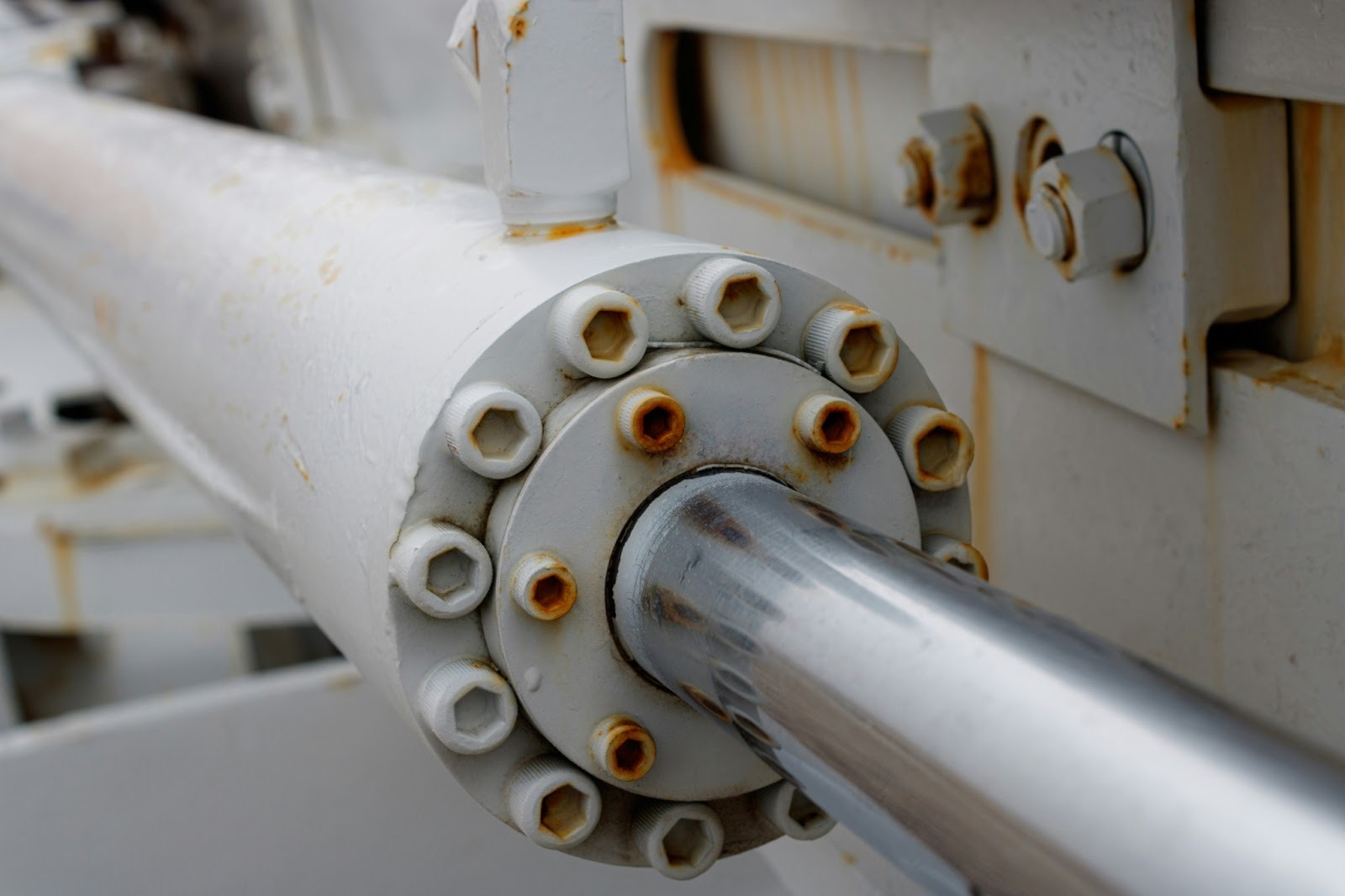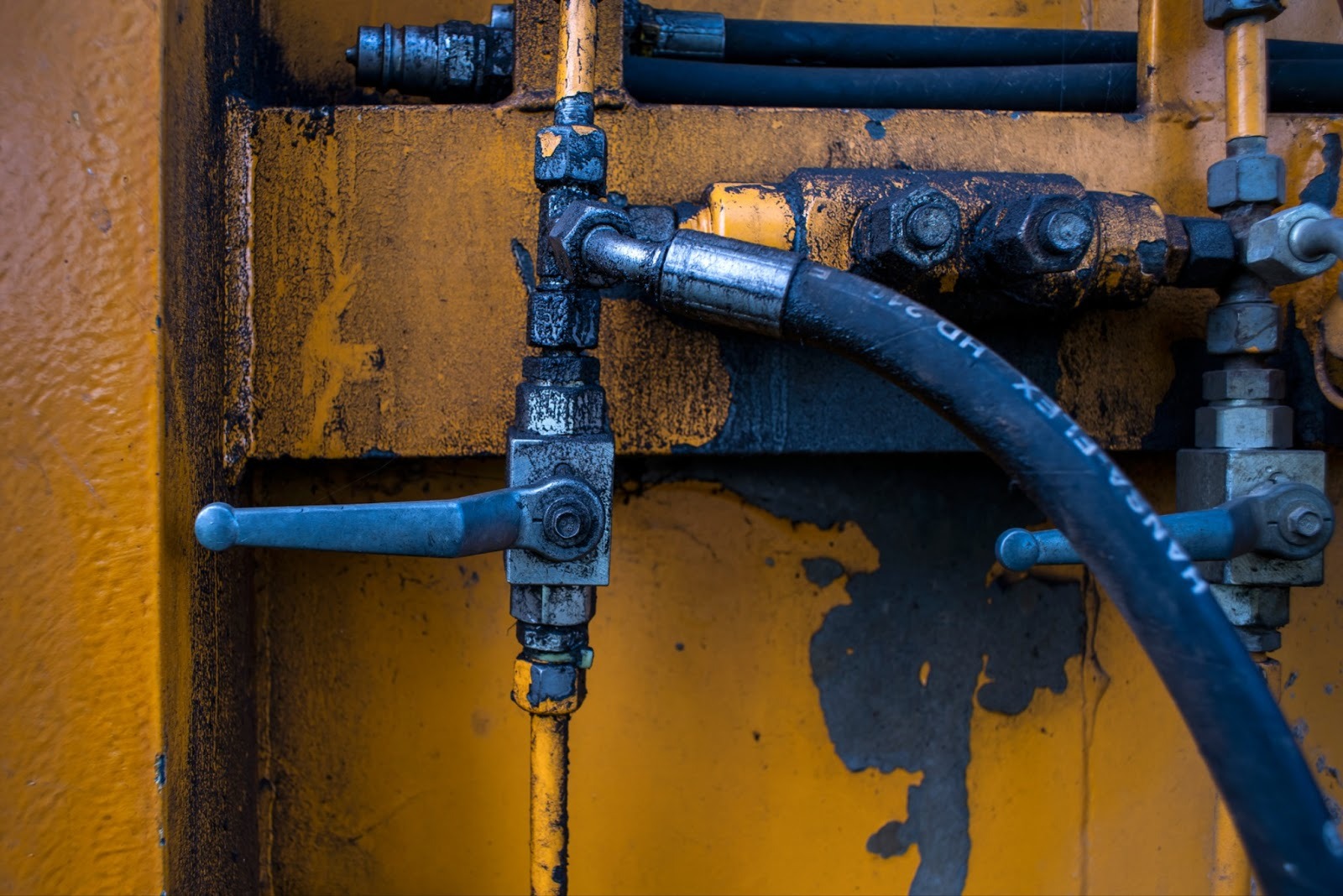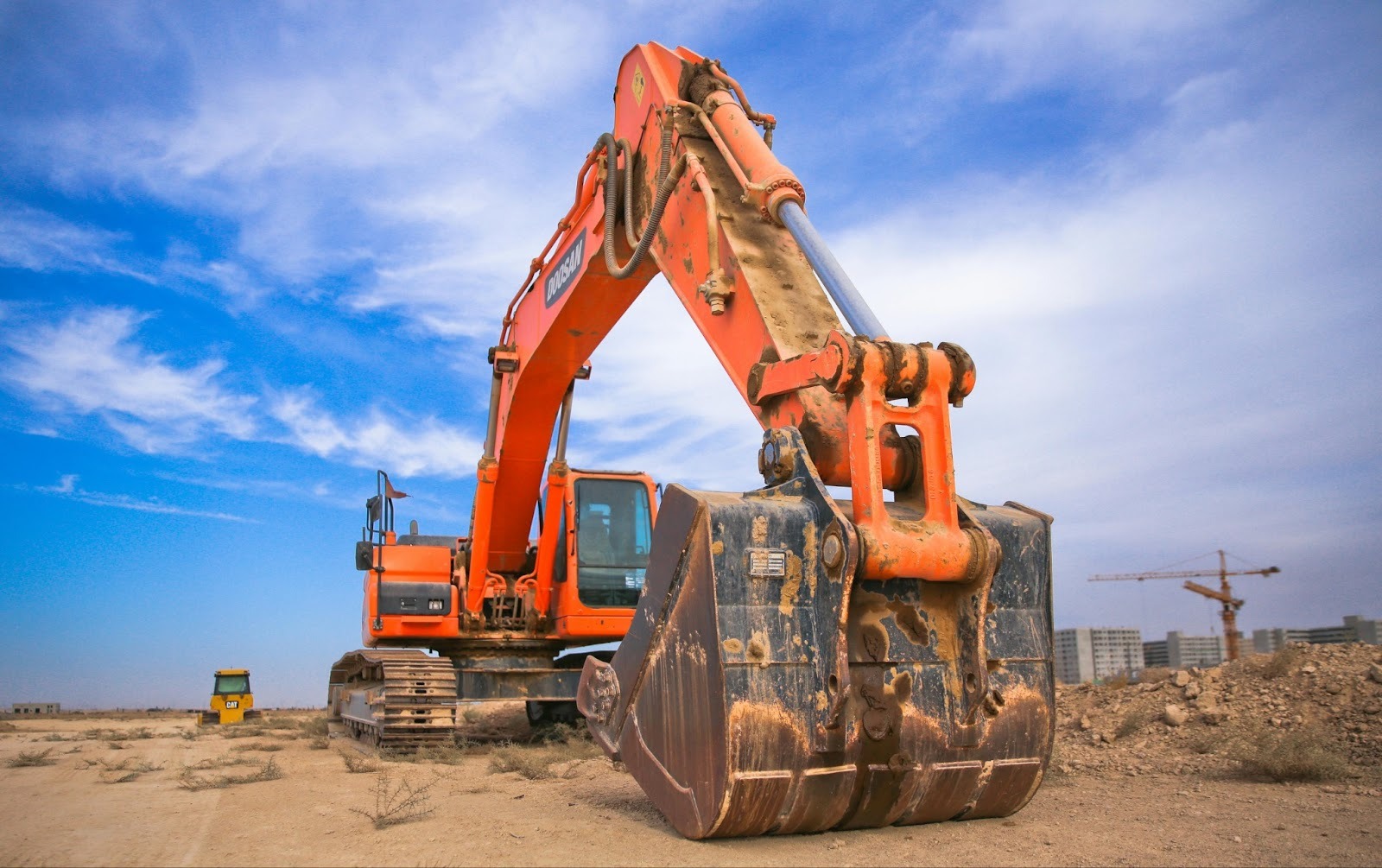Discover how hydraulic cylinder performance affects fleet uptime, reduces operating costs, and why proactive maintenance keeps construction projects on schedule.

In the fast-moving world of construction, equipment uptime is not just a convenience — it’s our competitive edge.
Yet, many fleets underperform not because of operator error or labor shortages, but because hydraulic cylinders, the unsung heroes of heavy machinery, are under-maintained or misunderstood.
Cylinder failures are more than mechanical setbacks — they are budget busters, schedule disruptors, and strategic blind spots for plant maintenance managers and fleet directors alike.
By understanding the relationship between hydraulic cylinder performance, fleet reliability, and operating costs, construction leaders can not only prevent downtime but also gain measurable advantages in efficiency, safety, and profitability.

Hydraulic systems are the backbone of modern construction equipment.
Excavators, cranes, loaders, and dozers rely on fluid power to perform heavy-duty lifts, precise digs, and repeatable cycles — all with consistency and control.
At the heart of these systems are hydraulic cylinders, which convert fluid energy into linear motion. While they may seem like minor components, their performance directly determines:
Top-performing fleets recognize that micro-level reliability drives macro-level results. A well-maintained cylinder does more than move a bucket — it keeps the entire project on track.
Cylinders, Inc. Insight: By understanding how each component affects uptime, you turn maintenance into a strategic planning tool, not just a reactive necessity.

While labor availability, material delays, and the weather often get blamed for construction delays, equipment downtime remains one of the most predictable — and preventable — sources of cost overruns.
Hydraulic cylinder failures often occur due to:
When a cylinder fails, the ripple effects are significant: operators are idle, subcontractors wait, and schedules slip.
Emergency repairs often cost significantly more than scheduled maintenance, particularly when they involve equipment shipping to our facility, OEM parts sourcing, and expert installation.
Cylinders, Inc. Insight: The high-performing companies we partner with take a proactive approach, following preventive schedules that prioritize cylinders and hydraulic systems instead of waiting for failures to occur. This small shift in mindset can save thousands in downtime costs per machine per year.

Downtime doesn’t just cost labor hours; it has tangible financial implications across multiple operational layers:
A single critical failure can cascade across an entire job site, undermining project budgets, client trust, and fleet productivity.
Companies that integrate precision cylinder repair partners, such as us, into their maintenance strategy gain both speed and reliability, ensuring machines return to work quickly and safely.
Cylinders, Inc. Insight: Calculate the cost-per-hour of idle equipment to quantify the true expense of cylinder failures. This metric will often validate proactive maintenance budgets.

The construction companies that consistently stay under budget and on schedule aren’t lucky — they treat hydraulic reliability as a strategic advantage.
Their playbook includes:
Rather than reacting to failures, anticipate them. The result? Reduced project timelines, optimized operating costs, and improved fleet availability combine to deliver a measurable competitive advantage.
Cylinders, Inc. Insight: Consider your cylinder repair partner as a strategic extension of your maintenance team. The right vendor doesn’t just fix equipment — we help shape operational efficiency and reliability.

In construction, every hour counts. When a hydraulic cylinder fails, downtime can spiral if repairs are slow or improperly executed.
Vendors like us emphasize:
For fleet directors and plant managers, these factors translate directly into predictable schedules and controlled costs. Investing in professional repair services isn’t just maintenance — it’s a risk management strategy.
Cylinders, Inc. Insight: Track repair turnaround times and quality metrics from your cylinder service provider. Over time, these insights inform fleet deployment strategies and project planning decisions.

Cylinder reliability is often considered a minor, technical issue — but in practice, it drives macro-level operational outcomes:
By framing hydraulic system performance as a key operational metric, construction leaders gain a new lens through which to evaluate fleet efficiency and maintenance ROI.
Cylinders, Inc. Insight: Incorporate cylinder health and hydraulic system performance into KPI dashboards. Linking component reliability to project outcomes empowers better decisions at every management level.

Many U.S. construction operations still treat cylinder maintenance as an afterthought.
Leading companies, however, are challenging the status quo:
This approach demonstrates that strategic maintenance — not just technical skill — drives cost savings and uptime. In an industry where hours are money and delays are reputation risks, ignoring cylinder performance is no longer acceptable.
Cylinders, Inc. Insight: Use hydraulic cylinder reliability as a differentiator in procurement and fleet management decisions. Vendors who deliver speed, precision, and lifecycle value enable ops teams to outperform competitors.
Hydraulic cylinders may be small compared to the machines they power, but their impact is immense. Fleet reliability, project timelines, and operating costs all depend on optimal cylinder performance.
By partnering with expert repair providers like us, construction leaders gain a decisive advantage in managing equipment performance.
Minimizing downtime and maximizing uptime ensures machinery is available precisely when and where it’s needed, keeping projects on schedule and avoiding costly delays.
Working with trusted specialists also helps control unplanned operating costs. Instead of reacting to emergencies, teams can plan maintenance proactively, safeguarding budgets and reducing unexpected expenses.
Prioritizing professional cylinder care also preserves equipment value and extends the lifecycle of heavy machinery. Well-maintained hydraulic systems perform more reliably and retain resale and operational value over time, protecting long-term investments.
Ultimately, these practices enable confident project planning, fewer contingencies, and greater predictability. Companies that embrace this approach achieve tighter cost control, higher efficiency, and a clear competitive edge in the U.S. construction market.
At Cylinders Inc., we understand that cylinder performance isn’t just a metric — it’s the backbone of your machine uptime and project success!
Explore articles on cylinder repair, maintenance best practices, and manufacturing insights.
To all who’ve been part of our journey this year,As we come to the close of another year, I would like to take a moment to thank you — our valued customers, partners, and colleagues — for the continued trust you place in Cylinders, Inc. Every day, our team has the privilege of supporting the businesses that keep America’s construction, industrial, and manufacturing sectors moving. It’s a responsibility we take seriously, and one we work hard to uphold with every repair, inspection, and consultation.
When winter takes hold across the United States, it’s more than just a dusting of white that greets commuters, it’s a full-scale challenge to keep roads open, fleets operational, and heavy machinery ready. Many U.S. states see between 40 and 70 inches of snow each year, with Vermont averaging about 89 inches annually and Michigan […]